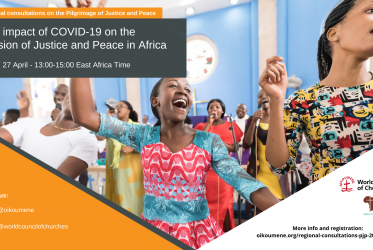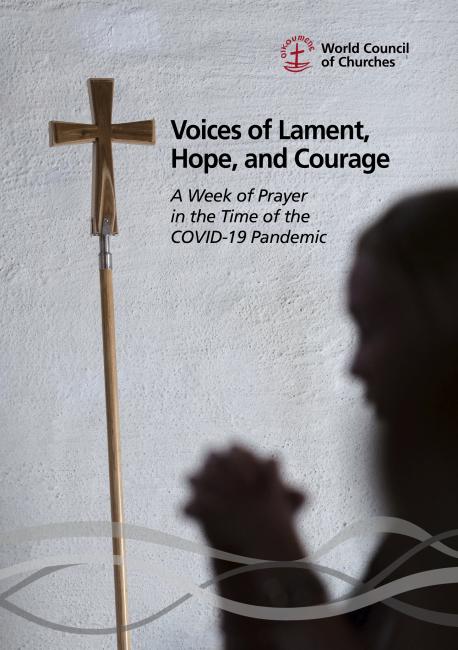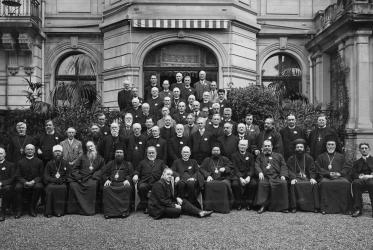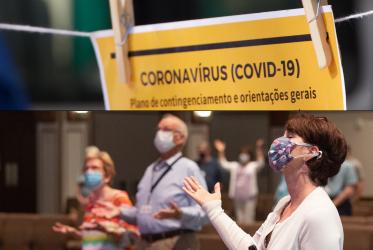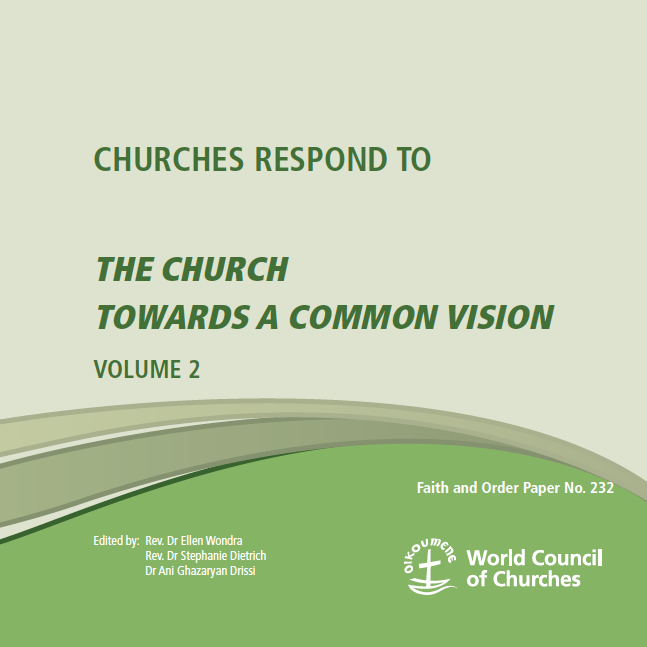Displaying 141 - 160 of 304
Communication for Social Justice in a Digital Age
13 - 15 September 2021
Berlin and worldwide, 9-17:00 each day, CEST Timezone
Voices of Lament, Hope, and Courage
A Week of Prayer in the Time of the COVID-19 Pandemic
18 March 2021
Webinar will “read the signs of the times” as COVID-19 pandemic stretches into one year
15 March 2021
https://www.oikoumene.org/live
Webinar: “Anglican-Orthodox Dialogue: History, Results, Reception”
09 March 2021
Online-By registration only
Churches Respond To The Church: Towards A Common Vision Volume I
Faith and Order Paper No. 231
23 February 2021
Churches Respond To the Church: Towards a Common Vision Volume II
Faith and Order Paper No. 232
23 February 2021
In pictures: Week of Prayer for Christian Unity
01 February 2021
Love and Witness
Proclaiming the Peace of the Lord Jesus Christ in a Religiously Plural World
18 January 2021
Rethinking Ecological Relationships in the Anthropocene era
11 - 13 February 2021

